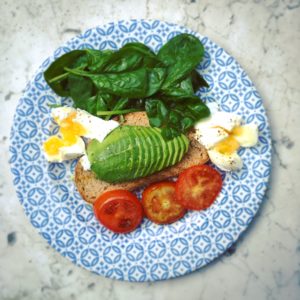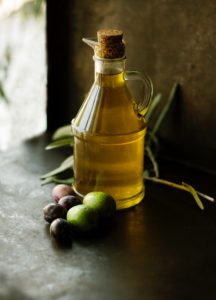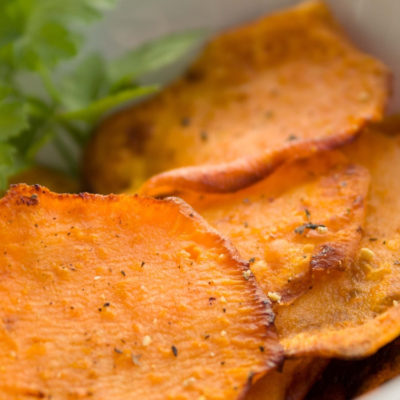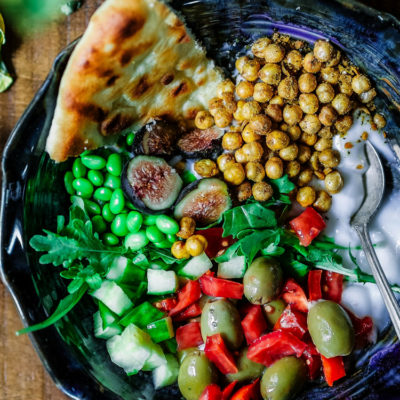Fat is always in the news. Eat this fat, don’t eat that fat, eat lots of fat or eat low fat! It’s difficult to know who to listen to and how you should be eating.
Last week I listed all the names for different types of fat, following on from my blog article listing names for sugar, in response to a reader’s request. This week I want to set the record straight how science see fats now based mainly on a recent review of the evidence in relation to cardiovascular disease (CVD) and how fat effects insulin resistance, the precursor of type 2 diabetes.
It’s important to realize that science is always progressing – scientific study continues all the time, so our knowledge of nutrition science grows everyday. While dietary recommendations may not change tomorrow, or the day after, in five years time we will have a better understanding and there will be different recommendations. Don’t feel confused about changing recommendations but do make sure the recommendations you follow are based in good solid evidence.
Scientific knowledge is in perpetual evolution; it finds itself changed from one day to the next. Jean Piaget
In most human studies the subjects eat real foods, although manipulation of macronutrients and fat type may be by supplementation, so while the fats might be the topic under study results may be confounded by other nutrients in the foods. In long term observational studies all the subjects eat real foods, there is no supplementation.
What are the different classifications of fats?
The recommendations around different fat classifications and what foods to find them in are:
- Monounsaturated fats are healthy choices. Find them in olives, avocados, almonds, cashews, and oils from olives, macadamia nuts, peanuts, soybean, rice bran, sesame and canola. Monounsaturated fat increases the ‘good’ HDL cholesterol and decreases the ‘bad’ LDL cholesterol, reducing the risk of CVD. It also reduces insulin resistance although researchers are still working how it does this.
- Polyunsaturated fat is also a healthy choice. You’ll find it in fish, tahini (sesame seed paste), linseed, chia, pine nuts, walnuts, brazil nuts and oils from soybean, sunflower, and safflower. Polyunsaturated fat reduces the ‘bad’ LDL cholesterol but large amounts can cause inflammation.
- Omega 3 fatty acids are polyunsaturated fats which are have previously been thought to reduce the risk of CVD and reduce inflammation in the body. A review of the evidence on omega 3s suggests little or no effect to CVD outcomes, however the review did show triglycerides were reduced and ‘good’ HDL cholesterol increased. Eating a food which is a good source of omega 3 fats may also be a rich source of other nutrients which may have a beneficial effect, confounding research results. So the take home message is to eat whole foods like oily fish (tuna, salmon, sardines and blue mackerel), linseed, and chia rather than take supplements.
- Saturated fat is a less healthy fat so go easy on butter and coconut oil particularly. It increases your LDL (‘bad’) cholesterol and can lead to CVD and insulin resistance.
- Trans fats, similar to saturated fat, have also been observed as increasing CVD and insulin resistance. Trans fats do occur in small amounts naturally in dairy products and meat but are more commonly found as industrially produced trans fats in processed foods and foods cooked at high temperatures like deep fried foods and baked goods.
Now on to the broader picture of fats.
The good…
Fat lowers the glycaemic index of a meal as it helps to slow digestion, so you don’t get as fast a rise in blood glucose levels when you eat a meal containing both fat and carbs. That’s good news for people with diabetes, pre-diabetes or those who tend to get quite sleepy after meals. It’s also good for feeling fuller longer after a meal, so you don’t go picking for snacks, adding to your kilojoule intake.
Choosing a diet high in unsaturated fat and with less sugar and refined grains, choosing instead low GI (glycaemic index) carbs and wholegrains is protective of health.
Fermented foods containing saturated fat like dairy cheese and yoghurt don’t appear to have the same effect as unfermented dairy saturated fat. More research is needed about the pros and cons of fermented dairy foods as some studies are showing no effect of cheese on cardiovascular disease while others say cheese is protective.
saturated fat. More research is needed about the pros and cons of fermented dairy foods as some studies are showing no effect of cheese on cardiovascular disease while others say cheese is protective.
The bad…
Several long term studies have found that people who live the longest with the least cardiovascular disease have diets low in saturated fat. Saturated fat increases insulin resistance which leads to type 2 diabetes. Consider yourself – do you have a family history of CVD or diabetes?
And the ugly…
Fat from any source is high in kilojoules. One gram of fat contains 37kJ of energy compared to 17kJ per gram of carb or protein and 29kJ per gram of alcohol. In simplistic terms, too much energy in (kilojoules from food and drink) and not enough energy out (exercise and metabolic rate) results in weight gain. If weight loss is your aim, you can get really good results by cutting back on your fat and alcohol intake.
So to sum up…
Fats to eat:
- Use extra virgin olive oil to dip bread into or spread bread with avocado or nut and seed butters rather than spreading it with margarine or butter.

- Include unsaturated oils in salad dressings and in cooking.
- Choose to eat nuts and seeds everyday.
- Eat fermented dairy foods like cheese and yoghurt, preferably no added sugar yoghurts.
- Eat fish and seafood.
Fats to cut back on:
- Go easy on full cream dairy milk, cream, fatty meats and poultry, and animal fats.
- Go easy on coconut oil in cooking. Perhaps research will show in years to come that fermented coconut oil is okay but we don’t know that yet.
- Limit processed high fat foods and snacks.
Enjoy!
register here to receive Dale’s blog update in your inbox each week.
contact dale if you would like help to work toward achieving your health goals.







Comments (0)